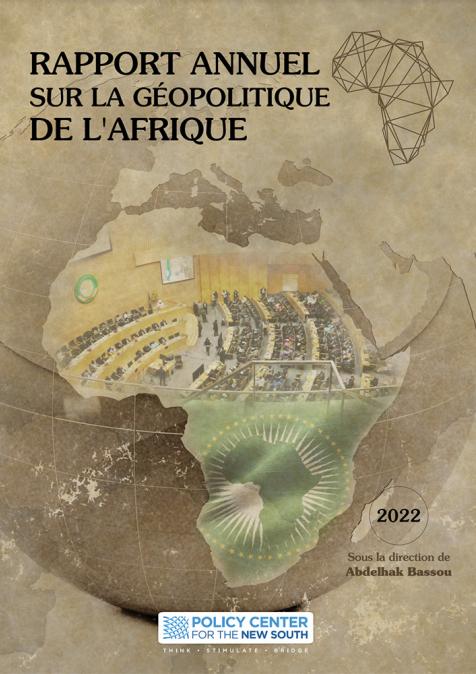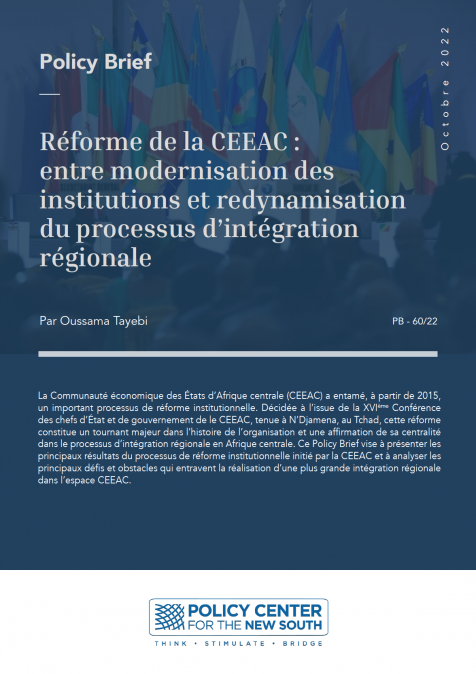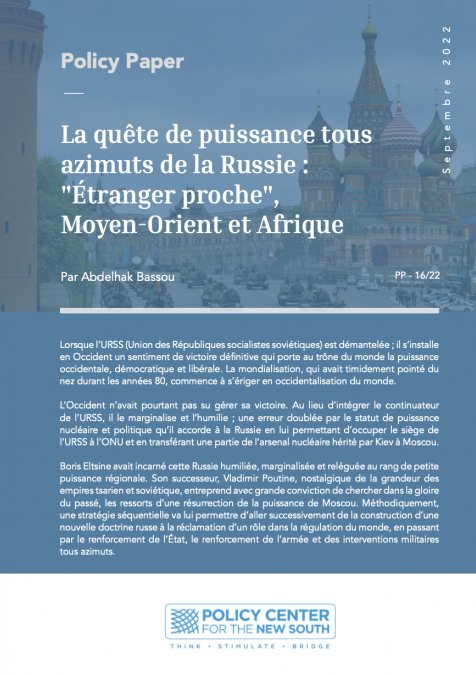Podcasts
Redefining Democracy in Africa
Related topics:
In this podcast, Ms. Nathalie Delapalme, Executive Director of the Mo Ibrahim Foundation, presents a compelling philosophical approach to understanding the new Africa. Ms. Delapalme emphasizes the importance of adapting Western democratic standards to align with African culture and traditions, underscoring the distinct societal and political landscapes of the continent. She shares insights on the common misunderstandings that Western societies have about Africa, advocating for a more nuanced and respectful approach to African governance and societal norms. This episode offers a fresh perspective on how democracy can be reimagined and implemented in a way that truly resonates with the African context.









